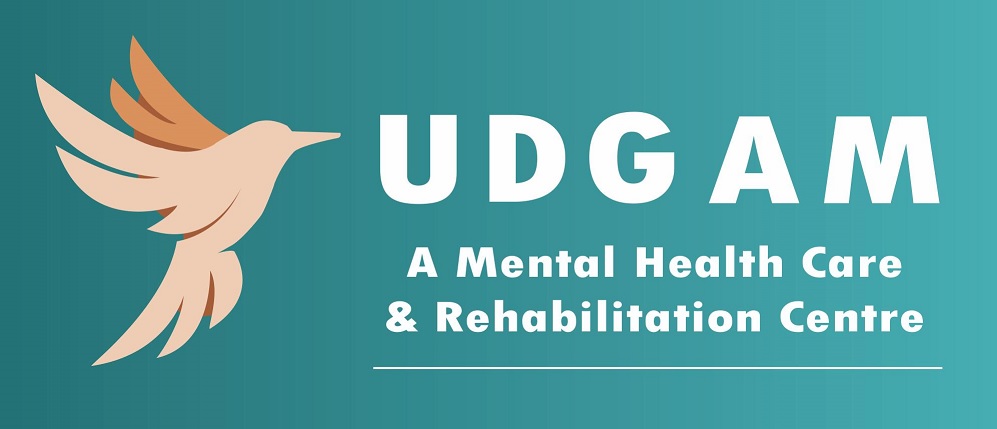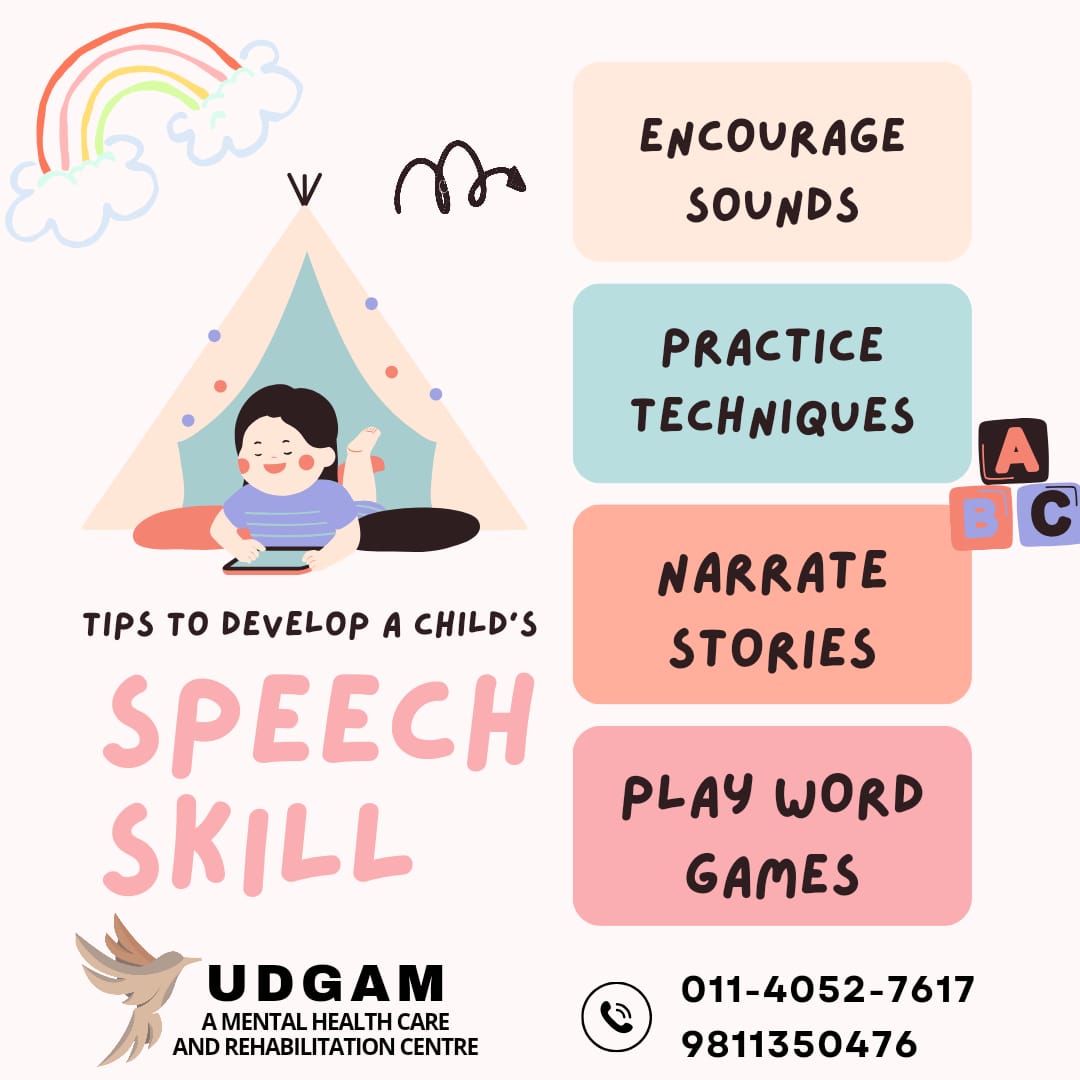What is Speech Therapy?
Speech therapy is an aspect of mental health and rehabilitation service that has a wide range of benefits and uses. It involves the detailed assessment and treatment of speech problems, speech disorders, communication issues, and retraining. Speech therapists are trained in the art of identifying, analyzing, assessing, and managing speech and language disorders.
 What Happens During a Speech Therapy Session?
What Happens During a Speech Therapy Session?
Speech therapy exercises and activities vary depending on the child’s disorder, age, and needs. During the therapy, the speech and language therapist interacts through talking and playing and using picture cards, books, and other objects as part of language interventions to help stimulate language development. Modeling of correct sounds, and syllables for a child during age-appropriate play to teach the child how to make certain sounds and pronounce certain words, through different strategies and approaches. The Parents/ caregivers are also provided with a home plan to carry forward the exercises and activities, at home too.
Tips to Develop Good Speech and Language Skills at Home
- Encourage them to make sounds to strengthen their voice for possible speech.
- Play games that exercise the child’s lips, tongue, and mouth muscles.
- When you talk about some new object/thing at home, take a picture of the thing or the object itself, in hand, close to your face, and talk about it. The child will associate the picture/object with your lip movement.
- When the child tries to speak new words or new sentences, then praise them and encourage them further.
- Ask him to develop an interest in play, drama, prayers, and music.
- Encourage the child to use words instead of gestures.
- If the child is unable to pronounce a word correctly, try and correct them, if they are still unable to pronounce it correctly do not put pressure or strain, let him/her continue to say it the way he/she can, but when using the word, you should pronounce it correctly.
- Expose the child to various fruits and other food items, their taste and smell, let him/her experience sweet, sour, sweet-sour, bitter, etc., and know how to relate their shapes, appearance of their names, and tastes.
- Read from picture books. Encourage the child to browse through the picture books.
- While talking, try to develop concepts like high and low, up and down, front and back.
- Narrate simple stories by using puppets, mimicry, and modulating your voice. Keep asking questions while narrating a story.
- Play word games such as making new words with the same beginning sound. For example, if you begin with an ‘orange’ word, the child has to make another word with ‘O’
- Another word game could be to make rhyming words such as hat-mat, rat-cat-bat, etc.
The process of learning language skills takes time and a lot of input from teachers, parents, and therapists. notice your child's strengths and try to encourage them to practice those more. And simultaneously work on weaker areas with the help of the therapist.
Every child has their own pace of development, it is our job to encourage them to get there.




